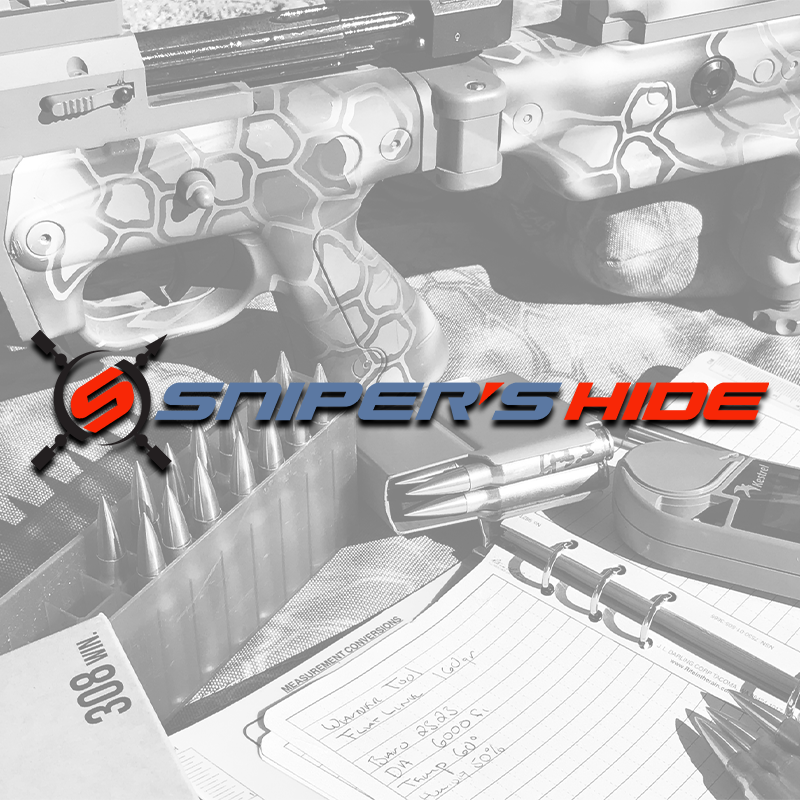Hello, I attended my first NRL Hunter and I’m officially hooked. I have a question for the more experienced folks on this site:
My teammate and I approached our stages with a handheld LRF + standard binos. We lost a significant amount of time on each stage because of juggling multiple devices.
I’ll be buying a set of RF Binos this summer to use for training + next NRL season. Money is a concern since I cannot rationalize spending $3000 on a tool that I’ll be using somewhat frequently. It appears in that $1K-$1.5K price range, there’s a trade off between having a ballistic solver (Sig Canyon, 6K HDX) vs higher glass quality but no ballistic output (Vortex Fury, GPO Rangeguide, Geovid R)
For any reader or NRL competitor, do you think it’s better to have worse glass + ballistics or sacrifice the ballistics and get better glass? For reference I use a data card / arm sleeve.
My teammate and I approached our stages with a handheld LRF + standard binos. We lost a significant amount of time on each stage because of juggling multiple devices.
I’ll be buying a set of RF Binos this summer to use for training + next NRL season. Money is a concern since I cannot rationalize spending $3000 on a tool that I’ll be using somewhat frequently. It appears in that $1K-$1.5K price range, there’s a trade off between having a ballistic solver (Sig Canyon, 6K HDX) vs higher glass quality but no ballistic output (Vortex Fury, GPO Rangeguide, Geovid R)
For any reader or NRL competitor, do you think it’s better to have worse glass + ballistics or sacrifice the ballistics and get better glass? For reference I use a data card / arm sleeve.


